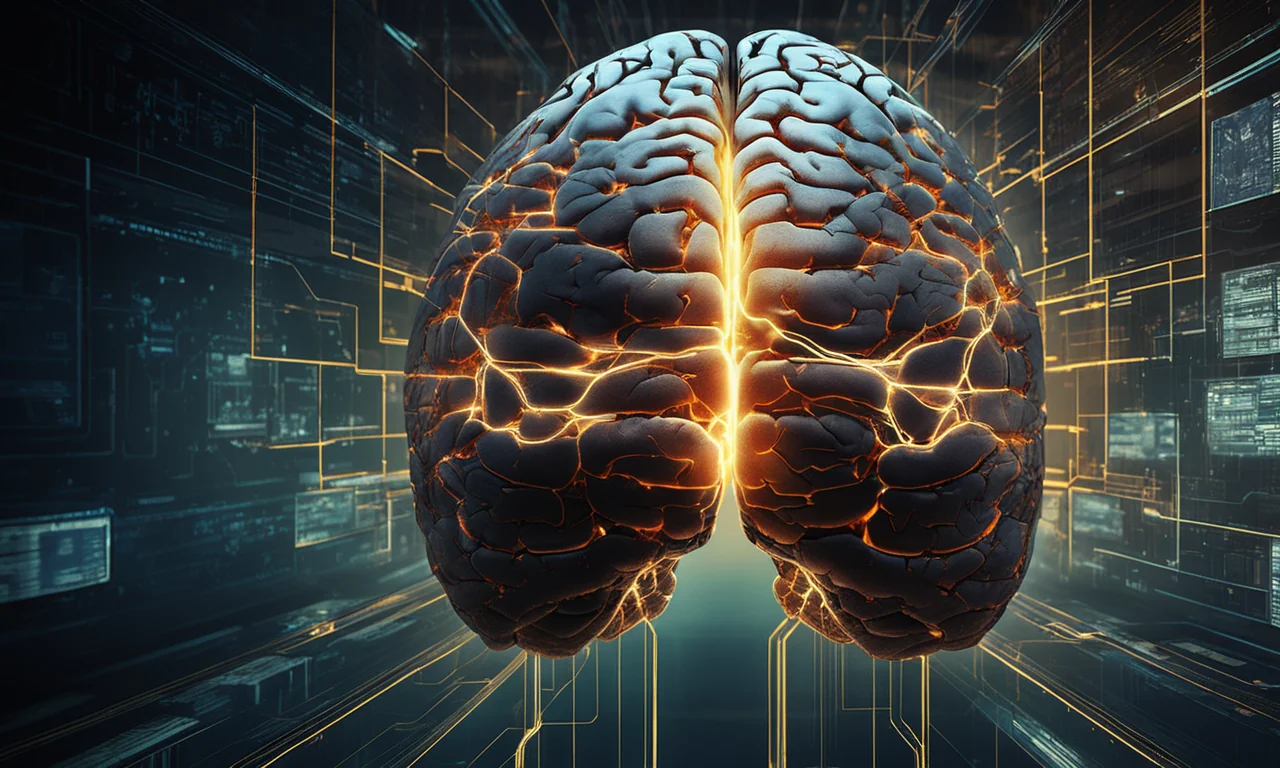
Global AI Governance Faces Mounting Ethical and Regulatory Challenges
The surge in AI adoption intensifies scrutiny over transparency, bias, and international accountability.
Today's Bluesky conversations on artificial intelligence are anything but monolithic—this decentralized community reveals a tangle of skepticism, ethical urgency, and pragmatic optimism. While industry advocates tout breakthroughs and practical deployments, counter-voices urge a critical pause, questioning not just the technology's capability but its unchecked adoption and implications for society. The pulse of #artificialintelligence on Bluesky beats with a tension between relentless progress and calls for reflection.
Ethical Reckonings and Governance in an AI-Driven World
Calls for careful scrutiny are growing louder across the platform, as reflected in Dr. TJ Heffernan's op-ed urging the public to resist AI hype and question uncritical adoption. The message resonates with concerns raised by the International Geoethics Research Infrastructure, which is organizing a major conference to tackle the ethical, policy, and educational challenges posed by AI in the geosciences. These initiatives stress the importance of transparency, bias mitigation, and the responsible deployment of AI in research and industry.
"The International Association for Promoting Geoethics (IAPG), the Commission on Geoethics of the International Union of Geological Sciences, and the Chair on Geoethics of the International Council for Philosophy and Human Sciences strongly support the inaugural AI in the Geosciences conference."- @geoethics.bsky.social (3 points)
The broader question of global accountability surfaces in the discussion of governing AI agents through international law and norms. As autonomous AI agents become more prevalent, the need to manage cross-border risks and uphold human rights is driving both UN initiatives and industry policy briefs. Meanwhile, the Dalai Lama's dialogue with the Mind & Life Institute highlights the intersection of AI, ethics, and spirituality—emphasizing that technology's impact reaches beyond technical boundaries, into questions of human consciousness and moral responsibility.
Progress, Hype, and the Perils of Dependency
Not all voices on Bluesky are skeptical; some celebrate the rapid advancement of AI technologies. Anthropic's Claude 4.5 model is praised as a world-class programming solution, and expert.ai's hybrid approach is held up as a model for responsible deployment in climate and scientific research. These posts reflect an optimistic belief in AI's capacity to deliver tangible value when aligned with human needs and rigorous standards.
"...The challenge isn't whether to use #AI – it's how to implement it without creating dangerous dependencies..."- @drphd2k7.bsky.social (6 points)
Yet the shadow of risk persists, underscored by reports of FTC censorship regarding AI's open-source risks and consumer impacts. Bluesky users are clearly wary that regulatory bodies may be concealing inconvenient truths, exacerbating concerns about dependency and manipulation. Even retrospectives—like Glyn Moody's 41-year-old article—reveal the perennial tension between technological progress and the human face of computing, reminding us that the debate over AI's acceptable role is as old as the field itself.
"as it progressively makes machines more like humans, it could well shape the acceptable face of computers and computing"- @glynmoody.bsky.social (8 points)
Finally, the geoscience sector's focus on bias, transparency, and policy reiterates the central dilemma: how can we balance innovation with the imperative to build systems we actually trust? Across all threads, one theme emerges—AI's future will be shaped not just by technical breakthroughs, but by the willingness to confront uncomfortable questions and demand genuine accountability.
Journalistic duty means questioning all popular consensus. - Alex Prescott